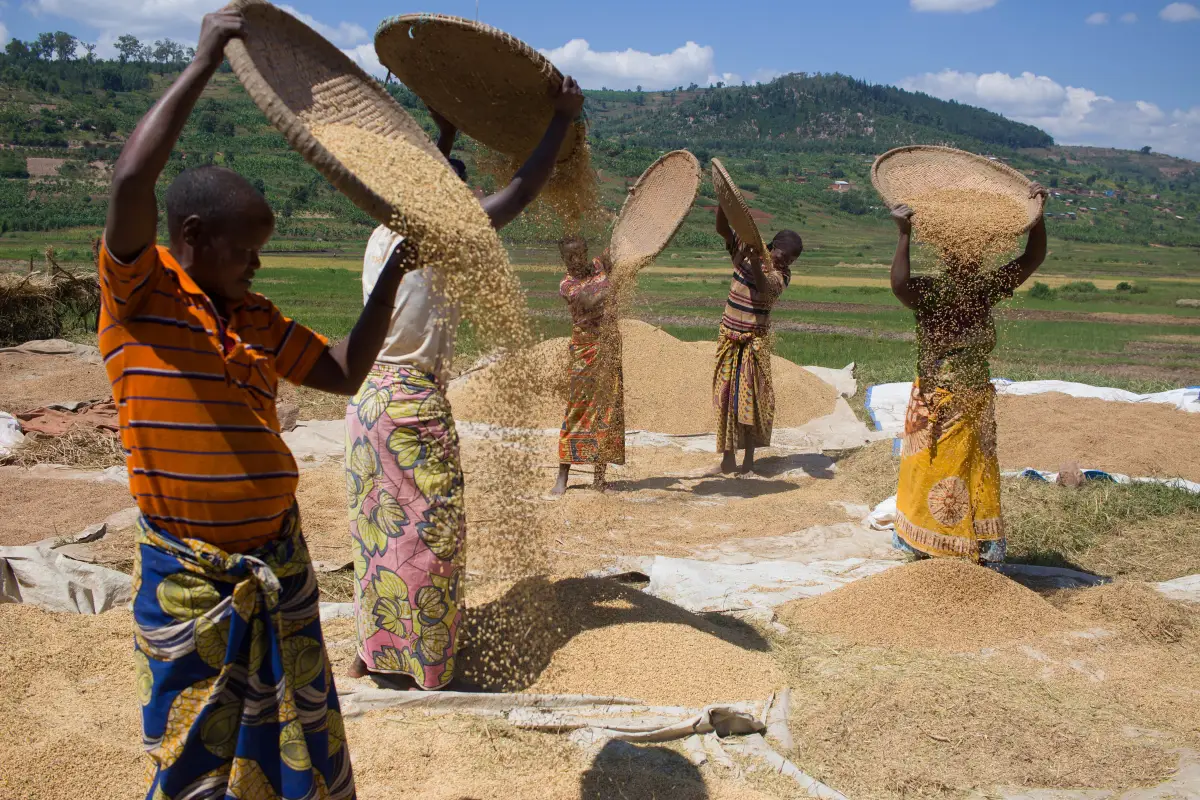
Do you want to access to this and other private contents?
Log in if you are a subscriber or click here to request service
Rwanda: EIB invests 100 million euros in agricultural businesses
The main objectives are the response to climate change and the incentive for women to work

100 million euros in financing for farmers and agricultural businesses across Rwanda, with the aim of resisting the impacts of climate change. At COP28 in Dubai, the European Investment Bank (EIB) and Bank of Kigali confirmed the development of a new targeted sustainable agriculture financing initiative: this is the first business financing program for climate resilience in Rwanda and of "the European...
lml - 36433
EFA News - European Food Agency
EFA News - European Food Agency